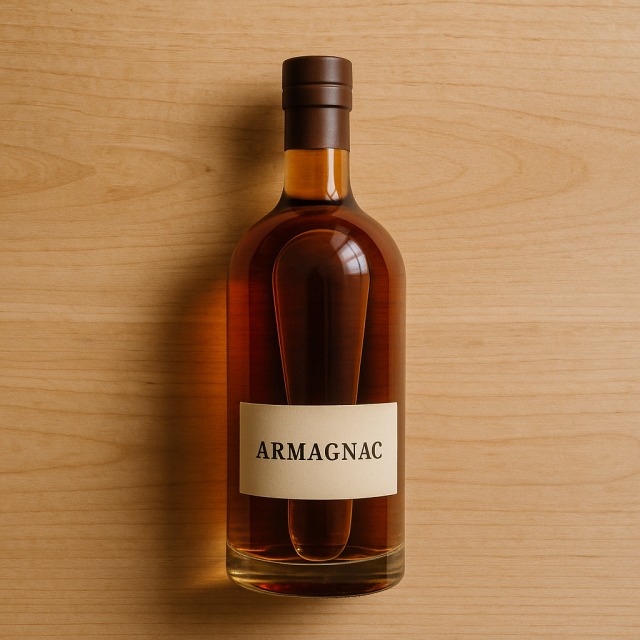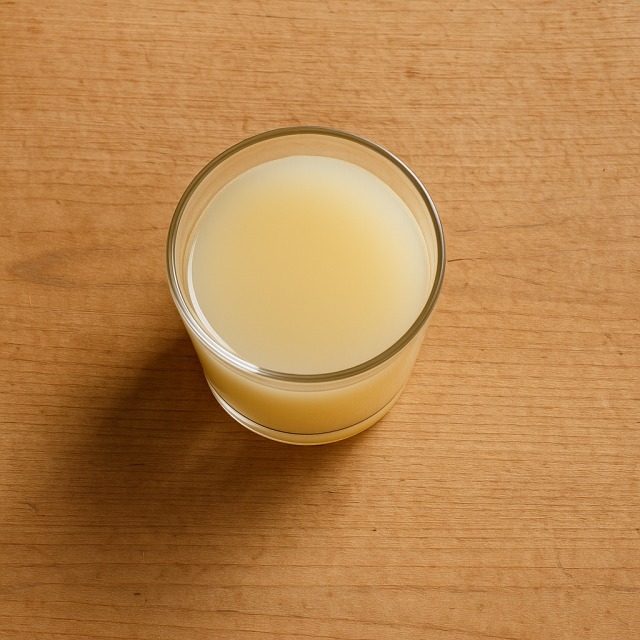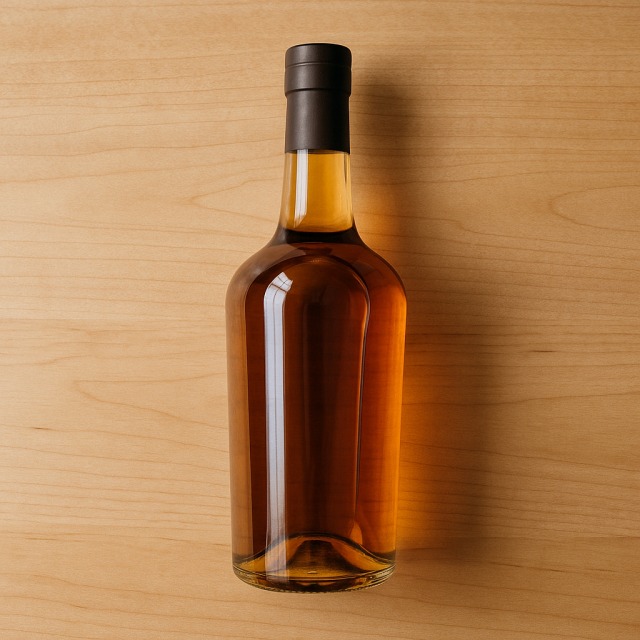Calorie Chart / Beverages / Armagnac
How Many Calories Are in Armagnac?
Calculation of the nutritional value & Recommended Dietary Intake of Armagnac
For ml and a calorie requirement of kcal
| Calories 90 kcal | Proteins 0 g | Lipids 0 g | Carbohydrates 0 g |
| 5% | 0% | 0% | 0% |
Health benefits of Armagnac

Armagnac - 100ml
Calories 224 kcal
Proteins 0 g
Lipids 0 g
Carbohydrates 0 g
Armagnac is a high-calorie spirit, providing roughly 224 kcal per 100 g, which places it among the dense-energy beverages. Although it supplies no proteins, lipids, or carbohydrates, the alcohol itself delivers the calories and should therefore be counted in any daily intake.
During its long ageing in oak barrels, Armagnac acquires trace amounts of minerals such as potassium and manganese as well as polyphenolic compounds (ellagic acid, vanillin, tannins). These molecules are known for their antioxidant properties; their real impact remains theoretical rather than fully demonstrated, yet they contribute to the beverage's aromatic complexity.
Traditionally enjoyed as a digestif, Armagnac has been associated with the stimulation of gastric secretions and a warming effect after meals. Its production dates back to the 14th century in Gascony, making it the oldest French eau-de-vie. The slow single-column still distillation followed by barrel maturation distinguishes it from Cognac and is thought to preserve more congeners responsible for flavour—and some of the aforementioned antioxidants.
Because the calories come exclusively from alcohol, moderation is key: excess intake may counteract any theoretical benefit. Nevertheless, when consumed sensibly, Armagnac can fit into a balanced diet much like a glass of red wine or a measure of whiskey, as long as total daily calories are monitored.
Tips for incorporating Armagnac into a balanced diet
To integrate Armagnac without letting its calories derail your plan, limit the serving to 2 cl (about 45 kcal) and reserve it for special occasions. It pairs elegantly with a slate of blue cheese and a few almonds; the proteins and healthy fats help slow alcohol absorption and avoid sudden blood sugar swings.
Culinary use is another way to enjoy the flavour while diluting calories per portion. Deglaze a pan-seared duck breast with a small splash of Armagnac, then reduce and finish with a touch of stock to create a fragrant sauce. The alcohol will mostly evaporate, trimming the resulting calories while leaving the aromatic notes.
For dessert, a classic "prunes in Armagnac" can be lightened: soak prunes in brewed tea, then add just a tablespoon of the spirit before serving alongside a spoonful of 0% fromage blanc. Another option is an Armagnac-flambé over caramelised apple slices served with a dollop of sorbet; a quick flambé burns off part of the alcohol yet keeps the aroma while containing calories.
If you are already tracking calories for main dishes such as Basque chicken with rice or a plate of ratatouille, simply deduct the 45–90 kcal of your Armagnac measure from another discretionary item to stay within your daily target.
Frequently Asked Questions
- How many calories are in Armagnac?
- Armagnac provides 224 kcal per 100 g.
- How many calories are in a standard 2 cl measure of Armagnac?
- Roughly 45 kcal, making portion control essential if you monitor calories.
- Is Armagnac more fattening than wine or beer?
- Per volume, Armagnac contains more calories than beer or wine because of its higher alcohol concentration. However, the smaller typical serving keeps total calories comparable.
- Does flambéing Armagnac in cooking remove the calories?
- Flambéing burns off most of the alcohol but not all; expect 30–60 % of the original calories to remain, depending on flame duration.
- Can Armagnac fit into a weight-loss diet?
- Yes, if consumed sparingly and its calories are counted within your daily allowance. Prioritise nutrient-dense foods and reserve Armagnac for occasional enjoyment.
- What is the difference in calories between Armagnac and Cognac?
- Both spirits average around 220–240 kcal per 100 g, so the calorie difference is negligible; flavour and production method are the real distinctions.
- Is there any protein, fat, or carbohydrate in Armagnac?
- No, the beverage contains 0 g of proteins, lipids, and carbohydrates; all calories come from alcohol.
Similar foods
Alcohol consumption may be harmful to your health. Please drink responsibly. Do not drink and drive. Not recommended during pregnancy. Must be of legal drinking age.
Information provided by Calorie Menu may contain inaccuracies or errors. It cannot, under any circumstances, substitute medical advice or medication.










